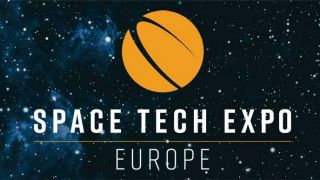
Blue Origin today announced Project Oasis, a multi-phase initiative designed to identify, assess, and utilize key lunar resources. The first mission, Oasis-1, will be carried out in close partnership with Luxembourg and its space ecosystem.
Oasis-1 will generate the most detailed high-resolution maps to date of critical lunar resources, including water ice, Helium-3, radionuclides, rare earth elements, and precious metals. These resources could enable the production of spacecraft propellant, the development of local lunar energy systems, and the manufacturing of materials directly on the Moon — supporting sustainable space exploration while reducing reliance on terrestrial extraction on Earth.
The mission leverages advanced technologies such as neutron spectroscopy for subsurface water ice detection, magnetometers for metal mapping, and multispectral imaging for geological assessments. Operating in ultra-low polar orbit, Oasis-1 will deliver unprecedented spatial resolution and accuracy for resource prospecting.
In partnership with Luxembourg’s national space agency, the initiative is supported by GOMSpace and the European Space Resources Innovation Centre (ESRIC). Blue Origin’s Space Resources Center of Excellence and its international office in Luxembourg are also at the core of the project’s development.
Project Oasis directly addresses one of the major challenges of space exploration: the high cost of transporting resources from Earth. By producing propellant and construction materials in situ, the program aims to reduce the cost of deep-space missions by up to 90%, enable long-term lunar settlements, and foster international collaboration to unlock the full potential of space resources.
“Once we know what’s really there and how to access it, everything changes,” said Pat Remias, Vice President, Advanced Concepts and Enterprise Engineering at Blue Origin. “Project Oasis creates the foundation for a thriving space economy that benefits everyone, including the billions of individuals on Earth.”
Oasis-1 represents a strategic milestone in the development of a sustainable space economy, positioning Luxembourg as a central partner in the global effort to harness space resources for the benefit of humanity.





